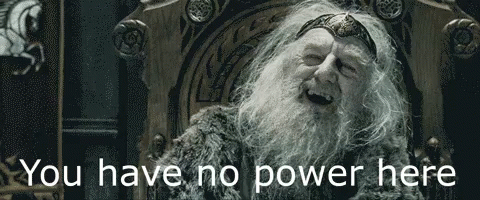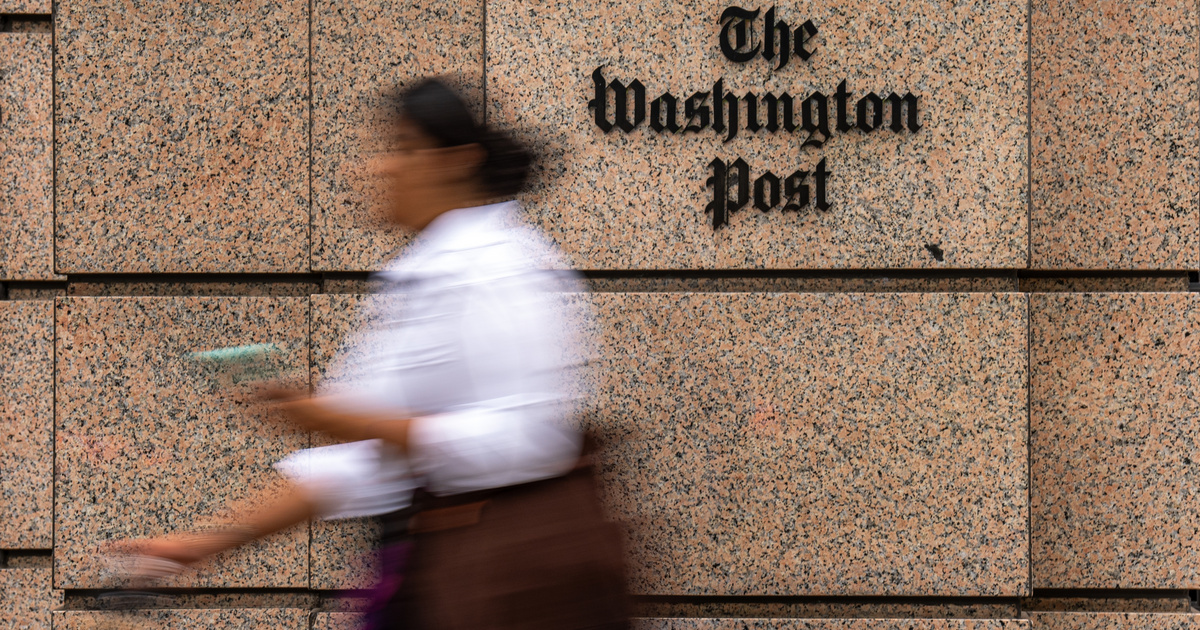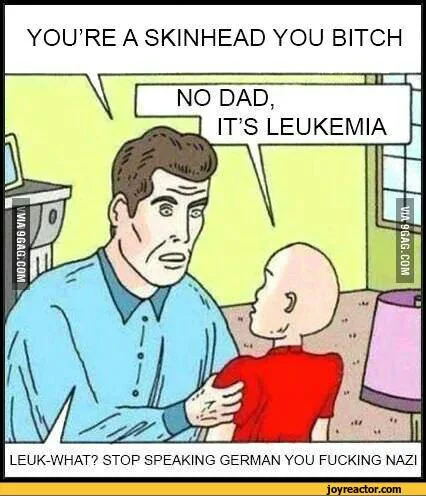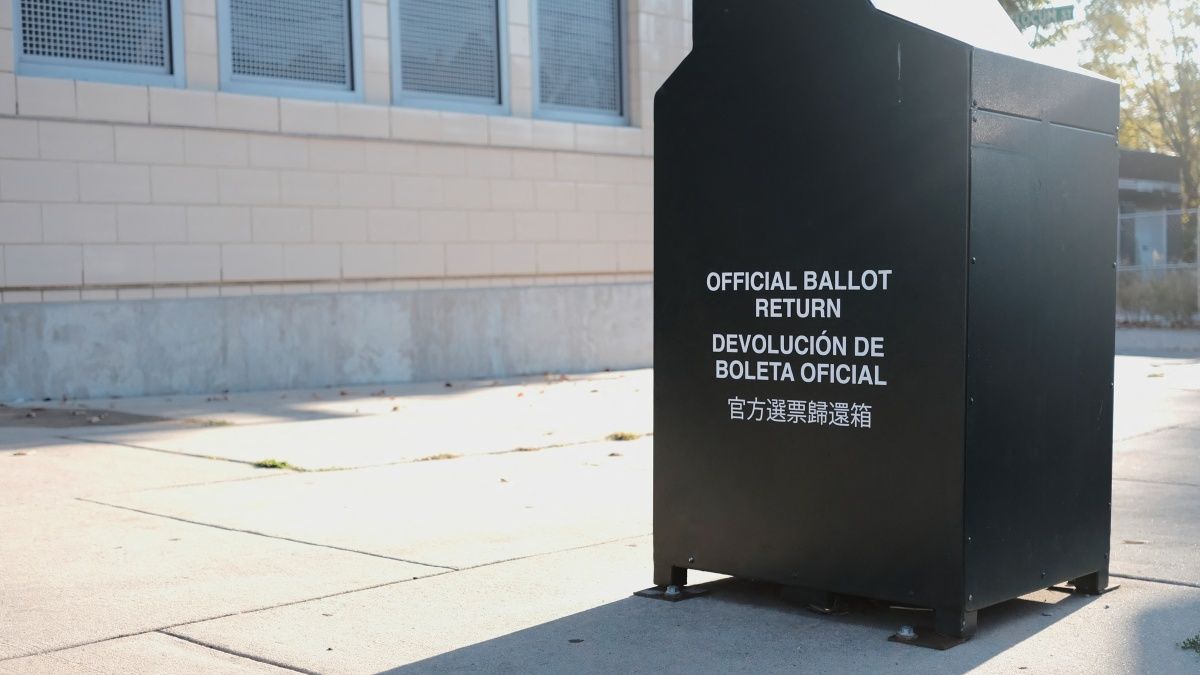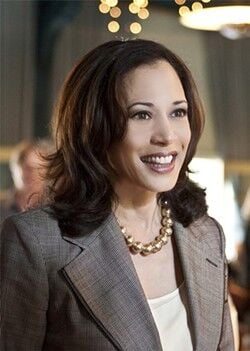On April 21, just as controversy was heating up over the Vatican's role in the global sex abuse scandal, Harris' deputy, Paul Henderson, responded to my request by stating that Harris' investigative files were not subject to California's government transparency laws; her office essentially enjoys a blanket secrecy privilege.
I sent Henderson's arguments to California Newspaper Publishers Association legal counsel Jim Ewert. “That's flatly untrue,” he said. The District Attorney's office “can release them if they want to. But they have decided not to.”
I wrote to Harris' office citing Ewert's analysis. Harris' spokeswoman, Erica Derryck, changed course, saying they would retrieve and review the files to determine whether there were any I could view. Following half a dozen phone conversations and as many e-mail exchanges, Derryck said she would contact me on May 24, but I didn't hear from her. When I e-mailed and called her again, almost seven weeks after my initial request, she said she was still working on it. I have heard nothing more.
In lieu of releasing records, Harris' office ended up releasing a statement: “District Attorney Harris focuses her efforts on putting child molesters in prison. We're not interested in selling out our victims to look good in the paper. When this case was brought under Terence Hallinan, prosecutors took the utmost care to protect the identity and dignity of the victims. That was the right thing to do then and it's the right thing to do now.”
This sort of statement drives abuse victims crazy. Joelle Casteix, western regional director of SNAP, was sexually abused as a child by a lay teacher at a Catholic school. She had to sue to obtain records pertaining to the incidents. She rejects Harris' rationale for keeping archdiocese abuse records secret. It's possible, even routine, to release records about pedophile priests while protecting the names of victims, Casteix explained.
“That's one of the most dangerous statements I've ever heard,” she said. “The number one thing that gets predators off the street is transparency about predators. You can do that by releasing documents, and you can redact victims' names at the same time.”
Joey Piscitelli, SNAP's northwest regional director, was more adamant in denouncing Harris' logic. “They're full of shit. You can quote me on that,” he said. “They're not protecting the victims. They're protecting Levada.”
Hallinan, who forced the archdiocese to turn over the records in 2002, and who pursued cases against priests before his office was barred from proceeding by expired statutes of limitations, sees no reason to keep the files secret: “Obviously, those things should be made public,” he said in an interview.
Rick Simons, who has represented victims in clergy abuse cases, said Harris is notorious for refusing to respond to public records requests. He added that her office has refused to release records even of investigations into priests who have already been tried, convicted, jailed, and released.
Other district attorneys, such as Alameda County's Nancy O'Malley, have been far more forthcoming, particularly when it comes to exposing clergy who abuse children. Simons said that Harris' penchant for secrecy “shows a pattern and practice and policy of ignoring the rights of children by one of the largest institutions of the city and county of San Francisco, and in the Bay Area.”
Kam Kuwata, campaign consultant to Los Angeles District Attorney Rocky Delgadillo, who faces Harris in the Democratic primary, said his boss also regards the matter differently. “We see no reason why transparency and protecting the victim cannot work hand in hand,” he said.
This isn't the first time Harris has employed troubling logic to argue for keeping the archdiocese abuse files secret. In 2005, Russell also asked for the records. A Harris spokesman responded at the time by saying, “If we did it for you, we would have to do it for everybody. Where do you stop, and where do you start?”
California law is clear where you start: with the presumption that the people's business is public.
On March 27, Levada published an unusual 2,500-word essay on the Holy See's website, denouncing The New York Times for publishing clergy abuse stories he claimed did not sufficiently highlight the church's purported zeal in rooting out predatory priests.
“In 2002, I was appointed (at the time as Archbishop of San Francisco) to a team of four bishops to seek approval of the Holy See for the 'Essential Norms' that the American Bishops developed to allow us to deal with abuse questions,” Levada wrote. “We found in Cardinal Ratzinger [the future Pope Benedict XVI], and in the experts he assigned to meet with us, a sympathetic understanding of the problems we faced as American bishops.”
To people who have closely followed Levada's career, it seemed bizarre that he would mention his 2002 role in devising national Catholic clergy-abuse policies.
For help in this task, Levada enlisted his longtime ally, San Mateo cleric Father Gregory Ingels.
According to Russell's SF Weekly investigation, in 1996 Levada learned Ingels had been accused of sodomizing a 15-year-old boy. Yet Levada helped Ingels' career flourish, and supported Ingels' role as a top church policymaker even after learning of a second serious allegation of sexual abuse.
In Marin County, prosecutors assembled a sex abuse case against Ingels, using information drawn from the archdiocese files. But Ingels' case was thrown out because the statute of limitations had expired. Ultimately, the church agreed to settle one of the complaints by paying an alleged victim $2.7 million — and, in the process, sealing records similar to the ones Harris controls.
Nobody paid Harris to conceal the church's child abuse history, however. Rather, she simply seems to view secrecy as the path of least resistance, whether or not it's consistent with the public interest.
